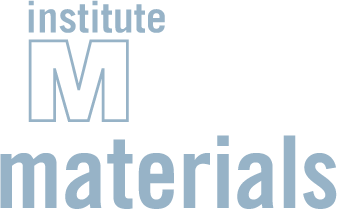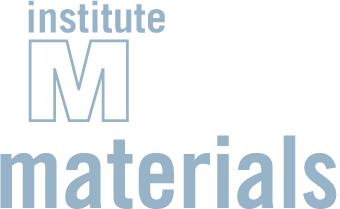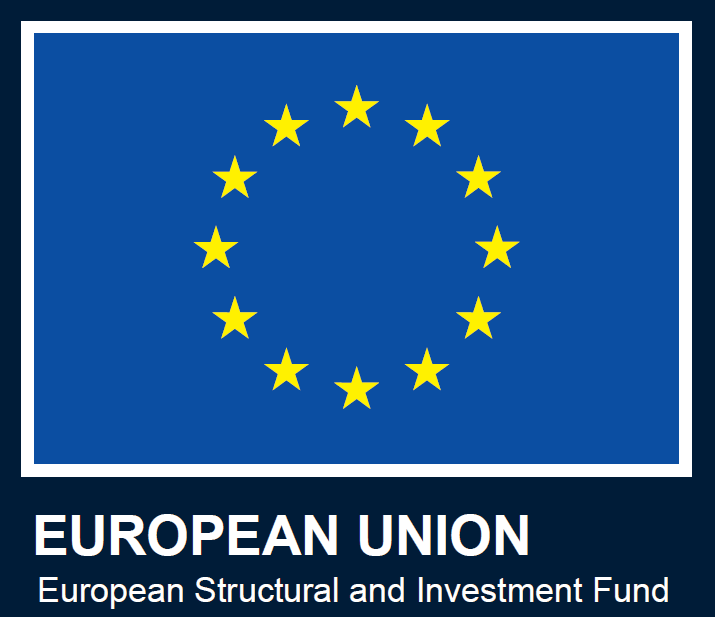She will work under the supervision of Dr. Abild-Pedersen (co-director of SUNCAT) and Dr. Kirsten Winther (staff scientists) on the development of machine learning algorithms to predict the effect of elastic strains on the catalytic properties of inter metallic compounds. The algorithms will be trained with the data generated by Carmen during her doctoral work in IMDEA Materials Institute and will be used to explore the catalytic activity for the hydrogen evolution reaction and the oxygen reduction reactions (critical processes for hydrogen generation by water splitting and energy production from hydrogen, respectively) of a large number of intermetallic compounds.
The Center for Interface Science and Catalysis (SUNCAT) associated to the SLAC National Accelerator Laboratory and Stanford University is one the leading research centres in the world in the exploration of high-throughput techniques to discover new catalysts. It hosts catalysis-hub.org, the largest repository of adsorption energies to predict the catalytic activity of materials.




